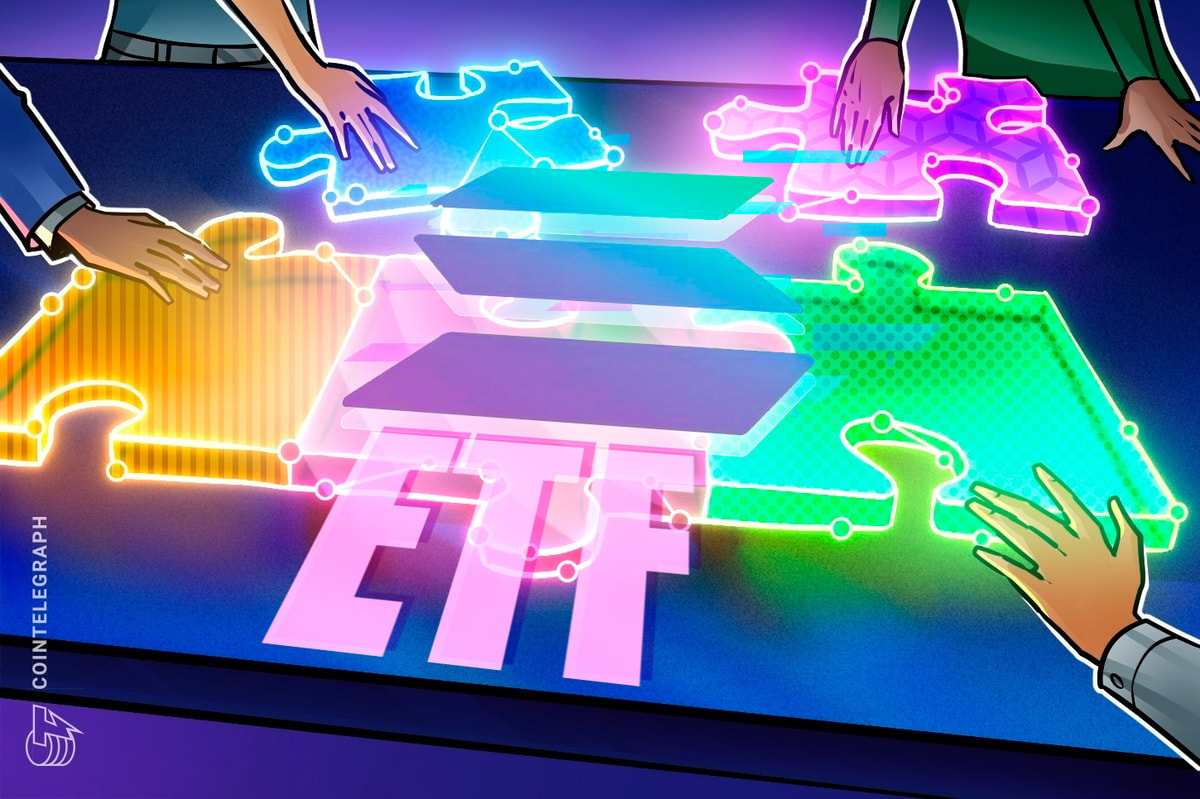A new financial law in the United Arab Emirates is set to bring decentralized finance (DeFi) and broader Web3 into regulatory parameters, signaling an important shift for the industry.
The UAE’s new central bank law, Federal Decree Law No. 6 of 2025, introduces “one of the most consequential regulatory shifts” for the crypto industry in the region, Irina Heaver, a local crypto lawyer and founder of NeosLegal, told Cointelegraph.
“It brings protocols, DeFi platforms, middleware, and even infrastructure providers into scope if they enable activities such as payments, exchange, lending, custody, or investment services,” Heaver said.
According to the lawyer, industry projects building or operating in the UAE should treat this as a pivotal regulatory milestone and align their systems before the September 2026 transition deadline.
“We’re just code” is no longer a defence
Issued in the Official Gazette and legally effective since Sept. 16, 2025, the UAE’s Federal Decree Law No. 6 is a central bank law that regulates financial institutions, insurance business as well as digital asset-related activities.
Its key provisions, Article 61 and Article 62, provide a list of activities that require a license from the Central Bank of the UAE (CBUAE), including crypto payments and digital stored value.
“Article 62 states that any person who carries on, offers, issues, or facilitates a licensed financial activity ‘through any means, medium, or technology’ falls under the regulatory perimeter of the CBUAE,” Heaver said.
In practice, this means DeFi projects can no longer avoid regulation by claiming they are “just code,” the lawyer said, adding that the argument of “decentralization” does not exempt a protocol from compliance.
Protocols that support stablecoins, real-world assets (RWA), decentralized exchange (DEX) functions, bridges, or liquidity routing “may require a license,” Heaver said. The enforcement is already active, she added, with penalties for unlicensed activity including fines of up to 1 billion dirhams ($272.3 million) and potential criminal sanctions.
The law does not ban self-custody
As the UAE’s new central bank law is directly related to providing “stored value services,” the legislation is likely to affect cryptocurrency wallet providers, Kokila Alagh, founder and managing partner of Karm Legal Consultants, told Cointelegraph.
According to Alagh, there has been a “fair bit of confusion” around whether the law affects self-custody, or non-custodial wallets, which are designed to enable users to store their assets independently from any third party.
Related: Arthur Hayes tells Zcash holders to withdraw from CEXs and ‘shield’ assets
Although some industry observers like Trading Strategy’s Mikko Ohtamaa have suggested that the law translates to the “de facto ban” of crypto and self-custodial wallet apps in the UAE, Alagh and Heaver said that’s not the case.
“The law does not ban self-custody, nor does it restrict individuals from using their own wallets,” Alagh said, adding that it “simply expands” the regulatory perimeter for companies.
“If a wallet provider enables payments, transfers, or other regulated financial services for UAE users, licensing requirements may apply,” she noted.
Alagh mentioned that Karm Legal has received a significant number of queries regarding the issue, adding:
“Further clarification from the Central Bank is expected as the law moves through implementation, but for now, individuals remain unaffected while companies should assess whether their activities fall within regulated scope.”Ironically, Ohtamaa’s post specifically criticized UAE lawyers, arguing that their business is “free of interest in the UAE.”
Related: UAE’s ‘digital dirham’ CBDC pilot completes first transaction
“For independent law firms, anything that makes the UAE less attractive for crypto is a loss of income, and these lawyers are happy to obfuscate facts and legal texts just to secure their yearly bonuses,” Ohtamaa argued.
Karm Legal’s Alagh told Cointelegraph that the firm is actively following up with CBUAE regarding the issue, but there is no set date for the authority to provide a clarification.
Magazine: Bitcoin $200K soon or 2029? Scott Bessent hangs at Bitcoin bar: Hodler’s Digest, Nov. 16 – 22

 9 hours ago
13
9 hours ago
13







 English (US) ·
English (US) ·